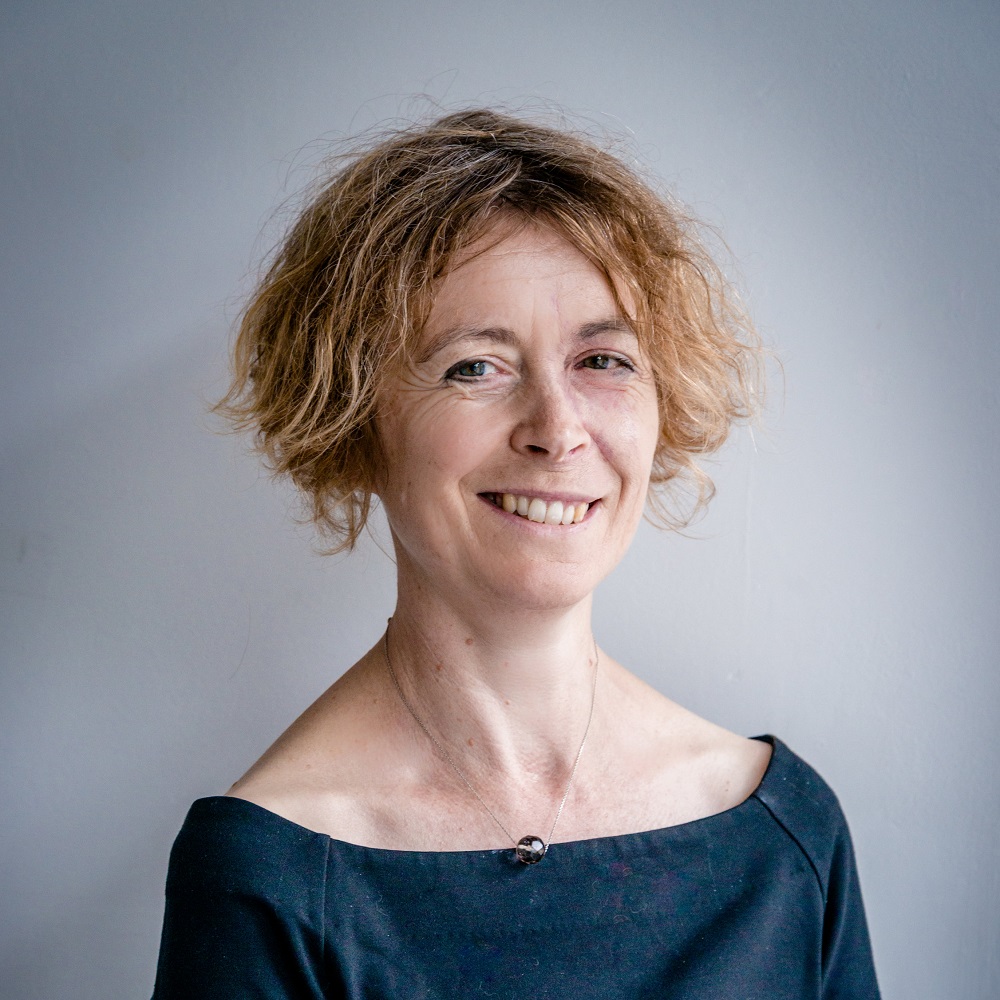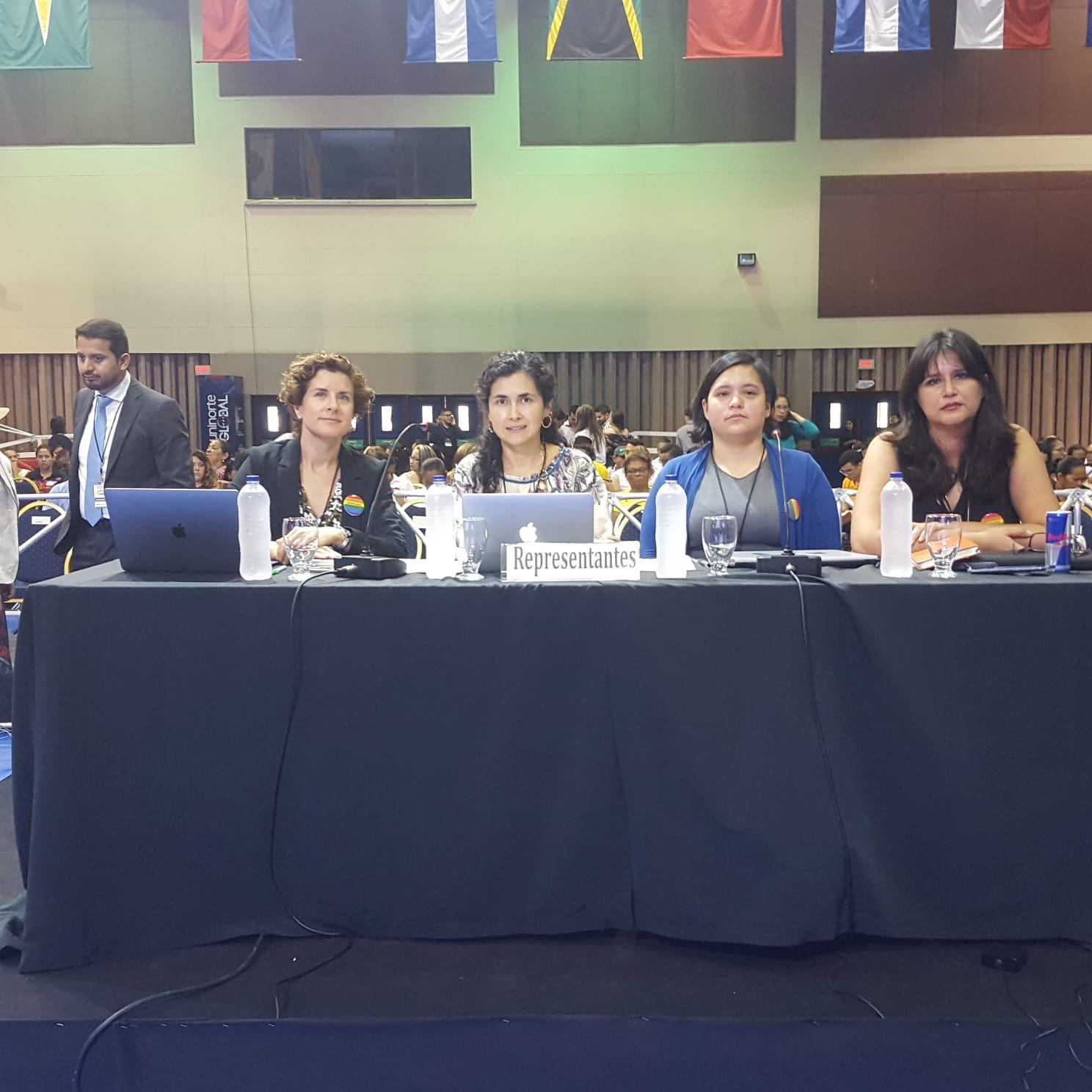Hidden histories of the First World War
Overcoming the dominant cultural memory of war
In this blog, historian Professor Lucy Noakes looks into how the centenary of the First World War was marked and the importance of developing public history projects which uncovered more marginal histories. Professor Noakes is Principal Investigator on the Arts and Humanities Research Council’s Reflections on the Centenary of the First World War: Learning and Legacies for the Future project and was Co-Investigator of the Gateways to the First World War Public Engagement Centre.
A thousand different hands
Shortly before his untimely death in 1996, the historian and co-founder of History Workshop Raphael Samuel argued for the democratisation of history. Rejecting the ‘unspoken assumption that knowledge filters downwards’, he argued instead for a more collaborative approach, going beyond the narrow world of academic journals and expensive monographs, and instead reimagining history as ‘the work…of a thousand different hands’.
The government ministers, civil servants and planning committees who oversaw the centenary of the First World War in Britain between 2014 and 2018 appear, at first, to have taken on board the words of the Marxist professor of history.
The centenary was marked by a wide range of events, projects and productions, many created by community groups, often funded through the National Lottery Heritage Fund’s First World War: Then and Now scheme. Many of these focused on elements of the war years that were rarely part of the dominant cultural memory of the war in Britain, which is shaped by the long lists of names on war memorials, the rituals of remembrance every November and the cultural representations of the war as depicted in the Sam Mendes’ film 1917 (2020).
Instead, many of the public history projects developed to mark the war’s centenary uncovered more marginal histories: the 250,000 Belgian refugees who found sanctuary in Britain; the women who worked, and sometimes died, in Britain’s munitions factories and the networks of resisters who sheltered conscientious objectors.
War experience outside of Britain
These projects, truly the work of a thousand hands, were often supported in their research by five First World War Public Engagement Centres. These acted as a resource for community histories, bringing together academic researchers and community historians to explore and communicate aspects of the First World War.
I was a member of the Gateways to the First World War Engagement Centre where we worked with projects as diverse as those exploring the Jewish experience of war in Sussex and the memory of the Congolese war experience with a community group in east London. Michael Roper and Rachel Duffett, from Essex’s Department of Sociology, both worked with the Everyday Lives in War Engagement Centre where they were involved in one of the few projects that considered the war experience outside of Britain and its wider world. The Age Exchange Children of the Great War project bought together the descendants of combatants in Britain and Germany.
The fact this project exploring the impact of the First World War in Germany was so unusual probably tells us something about both the power of the dominant cultural memory of the war in Britain, and also about the relationship between the cultural memory of both world wars, and the beliefs, conceptions and arguments about what it means to be British that are so visible today, coalescing, of course, around Brexit and the vote to leave the European Union in 2016.
Broadening the sense of war’s history
Many of the major public commemorative projects that took place during the centenary also reflected both the dominant cultural memory of the war as a tragedy for the young men, often imagined as white, on the Western Front, and on the British experience.
For example, Jeremy Deller’s We’re here because we’re here project marked the centenary of the first day of the Battle of the Somme – which saw the largest recorded losses for the British military in one day, almost 20,000 men. Whilst a potent and moving reminder of the ‘ordinariness’ and tragedy of those who died, it did nothing to remind people, for example, of the 160,000 losses suffered by Germany by the end of July.
Conversely, the many public history projects created at the local and community level, often bringing academic and community researchers together, did work to broaden the sense of the war’s history for many, and to uncover previously ‘hidden’ or marginalised experiences of the war. Only time will tell how long-lasting these histories are, and how much they act to reshape the dominant cultural memory of the war in Britain.

